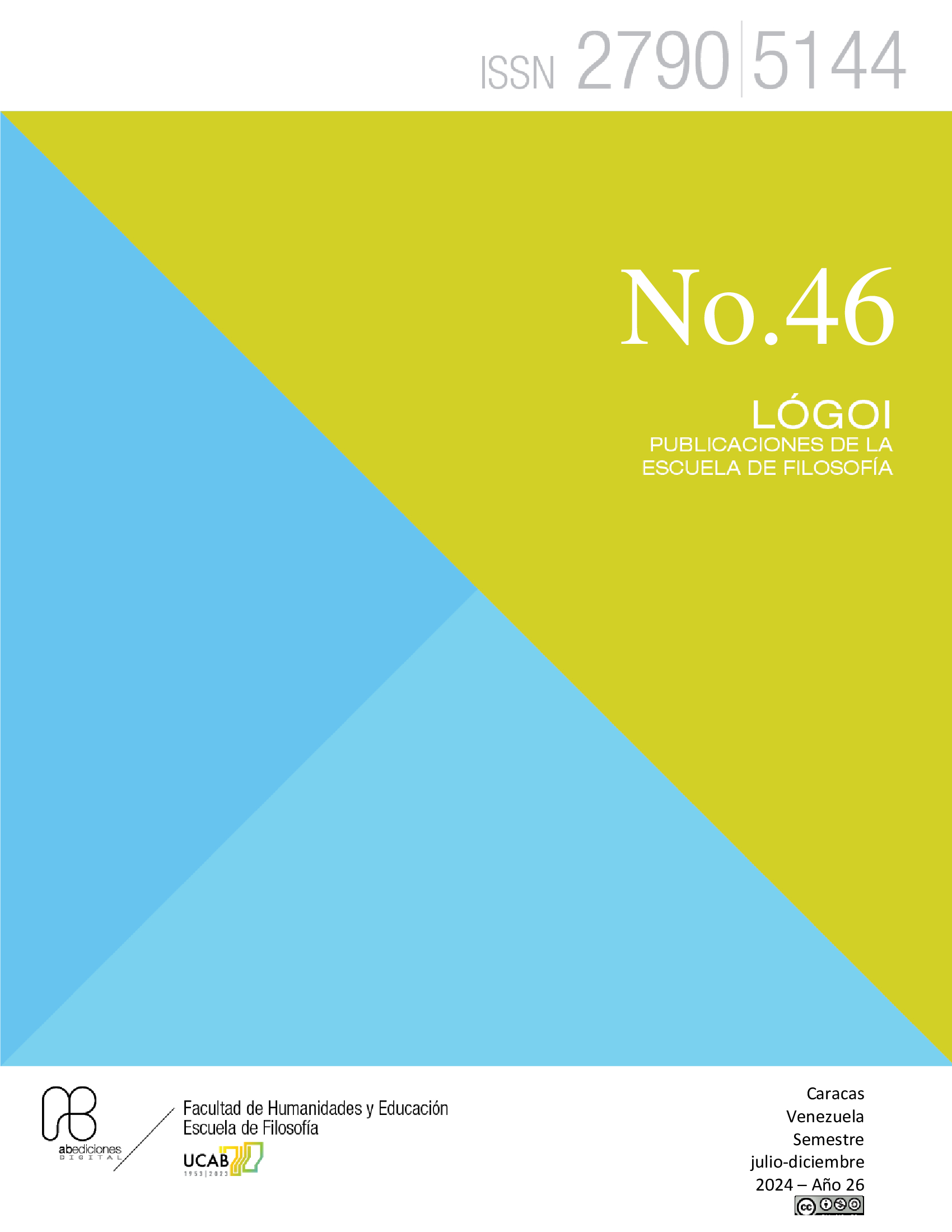Originaltext auf Tschechisch: Jak jsme my smrtelníci nesmrtelní? Jan Patočka a péče o duši (How are we mortals immortal? Jan Patoĉka and the care of the soul)
DOI:
https://doi.org/10.62876/lr.vi46.6675Keywords:
Jan Patočka, Husserl,, subjektivita, péče o duši, krize evropské kulturyAbstract
Jan Patočka offers a critique of the absolutized and self-enclosed subjectivity that he sees as the core of the crisis not only of science but also of European culture, and which Husserl's phenomenology fails to overcome. To do this, Patočka deploys, with Plato's help, the idea of the open soul, of a subjectivity that does not need to seek an exit to reality because it consists precisely in this openness to being; first of all, to one's own being, which is always faced with the possibility of stepping outside itself and rising to horizons that transcend it or of losing itself in the fall of narcissistic closure on itself. This idea of a rationality based not on the absolute subjectivity of modernity but on a constitutive openness to being, which Patočka traces back to the origins of Greek thought and thus to the root of Western tradition, is for him the key to an understanding of existence as care of the soul, which has profound ethical and political implications for the present context.
Downloads
References
Aristotelés. Metafyzika XI, 1065b33.
Comenius, J. A. Die Philosophie der Erziehung des, str. 15. Viz též AS/Kom–II/2, 2.36.19. (Paderborn: 1971).
Chvatík, Ivan. Wie sind wir Sterblichen unsterblich? Jan Patočka und die Sorge für Seele. In: Reports of the Center for Theoretical Study. no. CTS-99-20. (Praha 1999).
Diels, H. / W. Kranz, Die Fragmente der Vorsokratiker, Herakleitos, zlomek B 62.
Gaiser, Konrad. Platons ungeschriebene. Studien zur systematischen und geschichtlichen Begründung der Wissenschaft in der Platonischen Schule, Klett-Cotta, 3. (Aufl.: 1998).
Kouba, Pavel. Die Welt nach Nietzsche, Fink, str. 122 n. (Verlag 1999)
Nietzsche, F. Radostná věda, § 344.
Patočka, J. Europa und Nach-Europa. sv.2, (Praha: 1999).
Patočka, J. Die nacheuropäische Epoche und ihre geistigen Probleme, in: AS/PD–3, str. 371–381. V in: SS–2/PD–II, str. 29–44. sv. 2, (Praha: 1999)
Patočka, J. O duši u Platóna, SS-2/PD-II, str. 61.
Platon. Faidros, 245e7.
Platón. Faidón, 74d.
Platon, Listy, 341c.
Published
How to Cite
Issue
Section
License
Copyright (c) 2024 Iván Chvatík

This work is licensed under a Creative Commons Attribution-NonCommercial-ShareAlike 4.0 International License.










.png)











